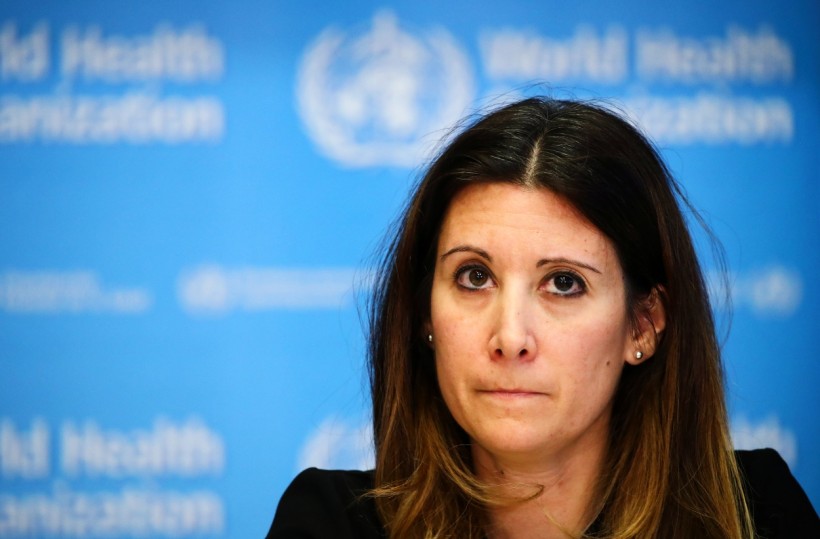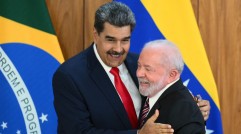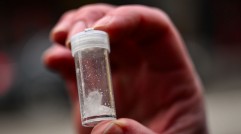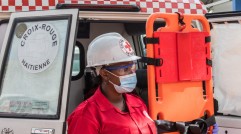WHO Retracts Comments on Asymptomatic Transmission Being Rare, Claims 'There's Much Unknown'

An official from the World Health Organization walked back on an earlier statement made at a Monday briefing where they suggested that virus transmission by asymptomatic individuals is "very rare."
During a Monday media briefing, Dr Maria Van Kerkhove told reporters that transmission of the coronavirus by people who have no symptoms is "very rare" - a comment that contradicted guidance from public health organizations, including the U.S. Centers for Disease and Control Prevention, which states nearly 35% of the infections may be asymptomatic.
Read more: WHO Says the Pandemic is Worsening Globally, but Asymptomatic Spread is Becoming Rare
The comment earned a concerted pushback from researchers, leading Kerkhove, W.H.O's technical lead, to address the confusion surrounding the statement during a live Q&A on Tuesday. In the video, she claimed she was referring to unpublished information.
"I wasn't stating a policy of WHO or anything like that. I was just trying to articulate what we know," Kerkhove said. "And in that, I used the phrase 'very rare,' and I think that's a misunderstanding to state that asymptomatic transmission globally is very rare."
Kerkhove said contact tracing efforts done by other countries showed that secondary transmission by asymptomatic people is infrequent. However, she clarified that the subject is still "unknown."
She also said models that attempt to predict asymptomatic transmission yield varying results. Some predict people without symptoms make up 40 percent of transmission.
Public Reaction
Monday's statement led anti-lockdown activists to question the government's decision to shut business operations. In a tweet, Newsmax T.V. host John Cardillo said the lockdown-which caused record unemployment and job loss-and the mask-wearing protocols were for "no reasons other than government control."
The comment has also divided the opinions of public health experts. While some noted the official's failure to present published studies to support her statement, others defended her by claiming the risk of transmission is much less with asymptomatic individuals.
Critics, and other health officials, urged the organization to be transparent about its sources and present justification or studies to their claims.
Other Stumbles
The comment on asymptomatic transmission wasn't the first controversy surrounding W.H.O.'s assessment of the virus.
On June 5, Friday, the organization finally endorsed the use of face masks or coverings months after most scientists and governments have begun recommending using them.
In the latest guidelines, the World Health Organization has encouraged the use of coverings but claims its usefulness has yet to be supported by direct scientific evidence. They also provided a list of potential disadvantages, including communication difficulties and discomfort.
Apart from the endorsement, the organization has also stuck with its previous recommendations where they claim medical workers should use respirator masks only if they are involved in procedures that generate virus-laden droplets.
Want to read more?
Subscribe to Latin Post!
Sign up for our free newsletter for the Latest coverage!














